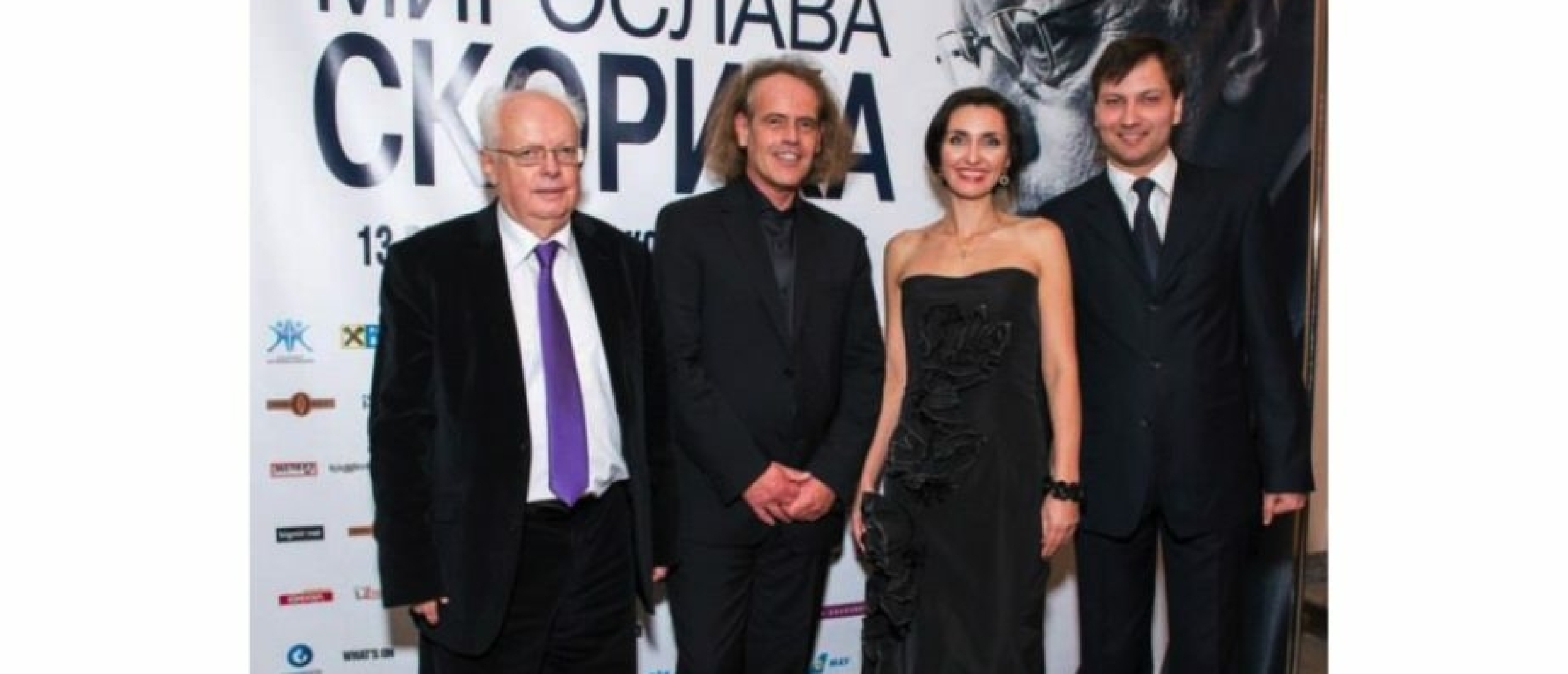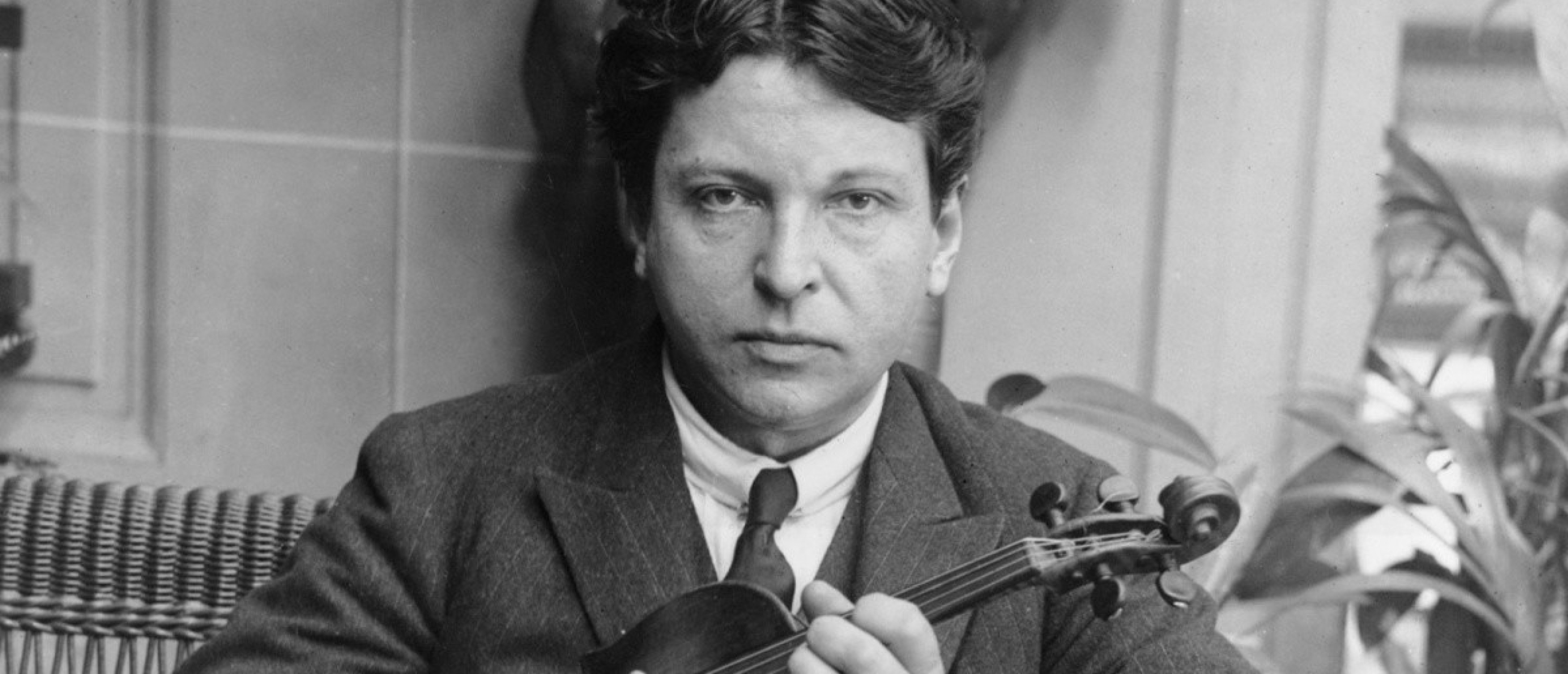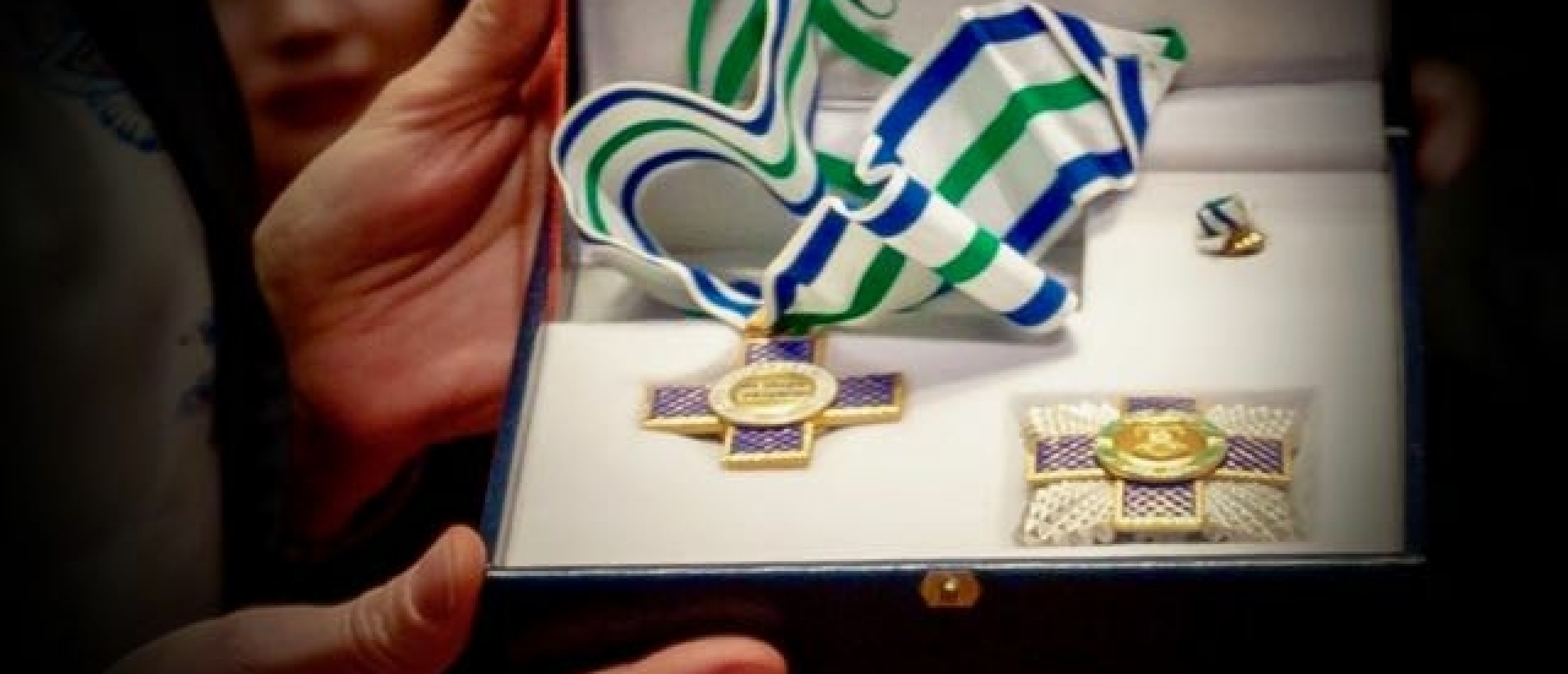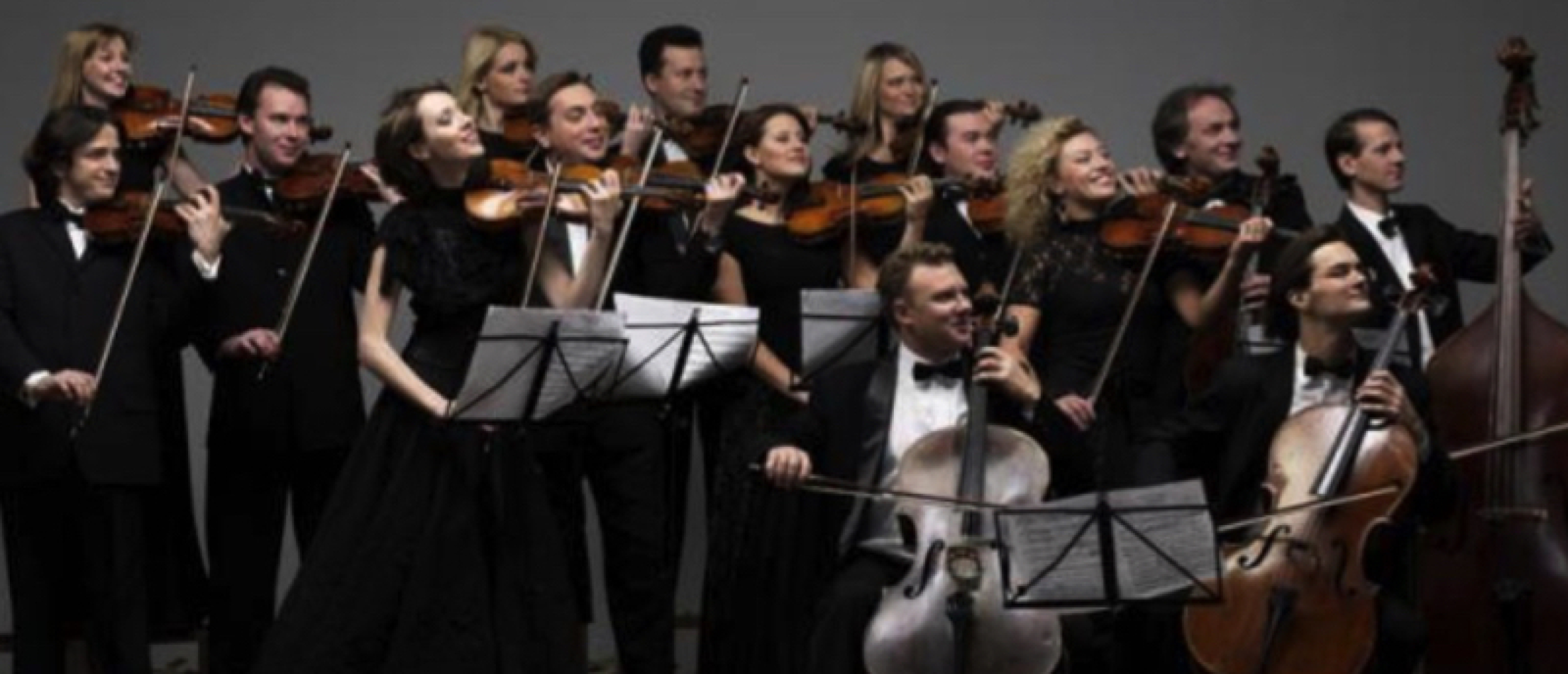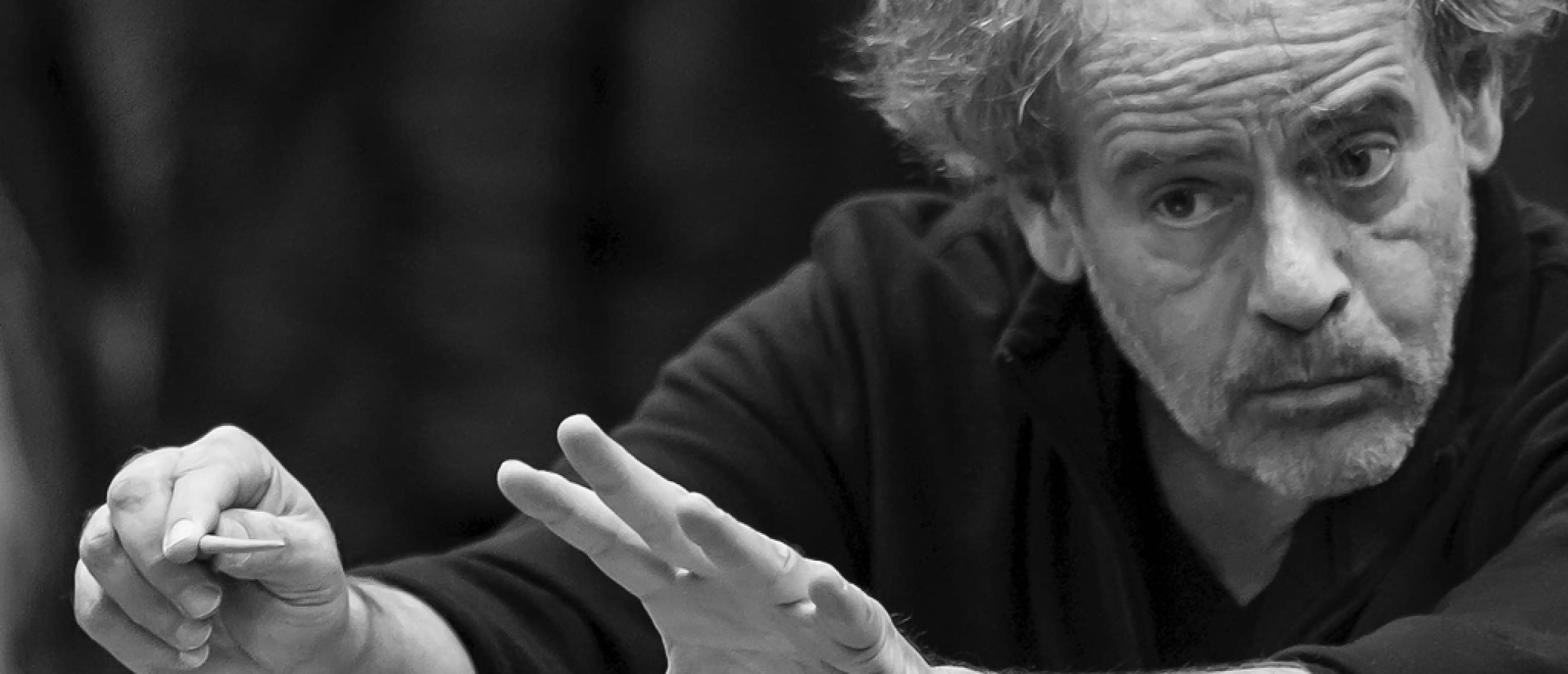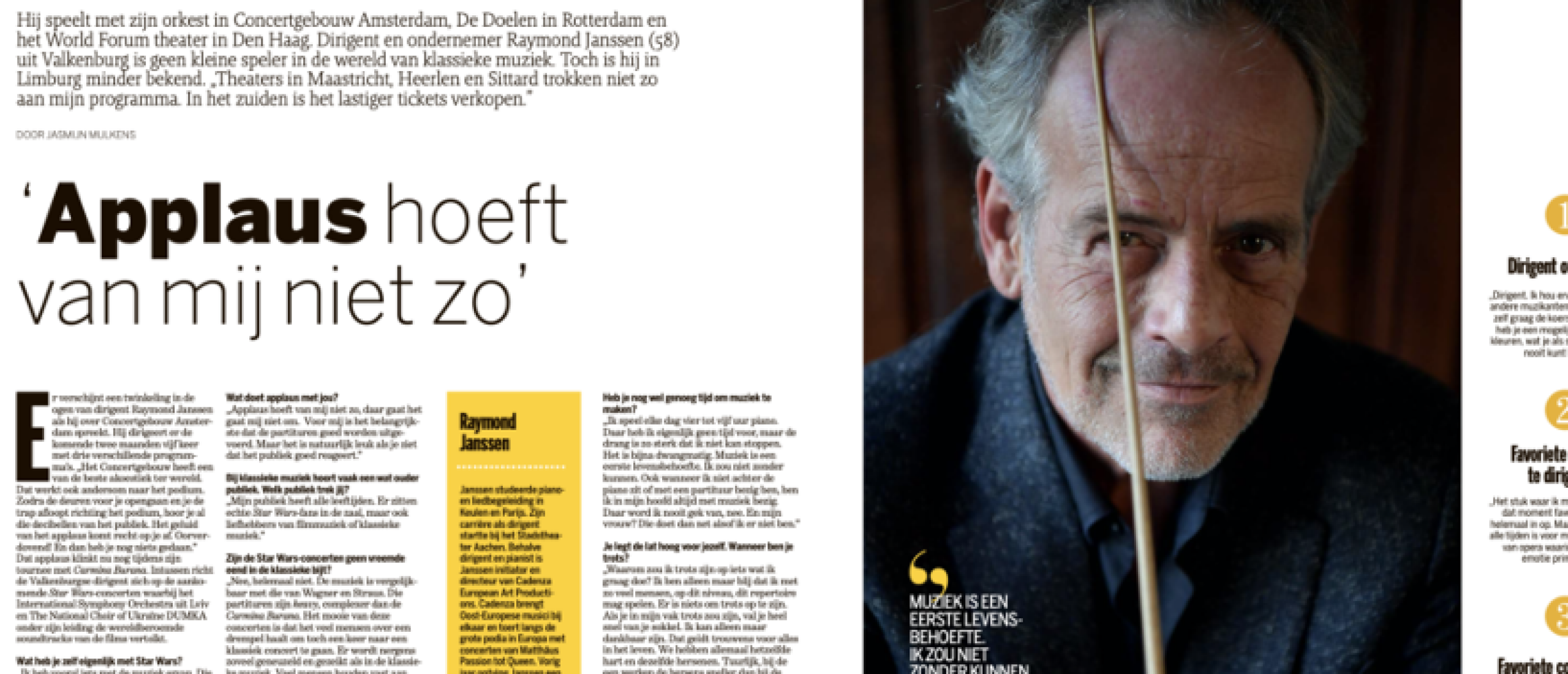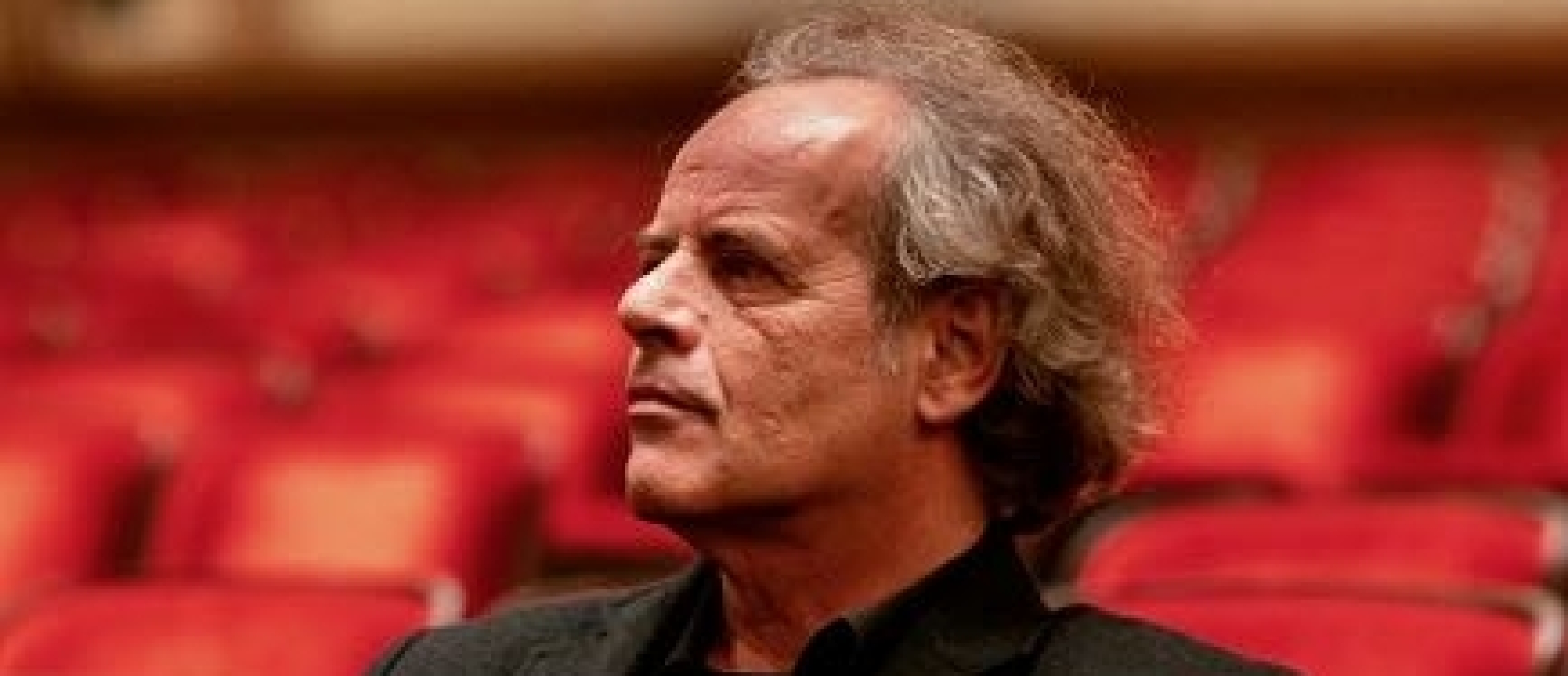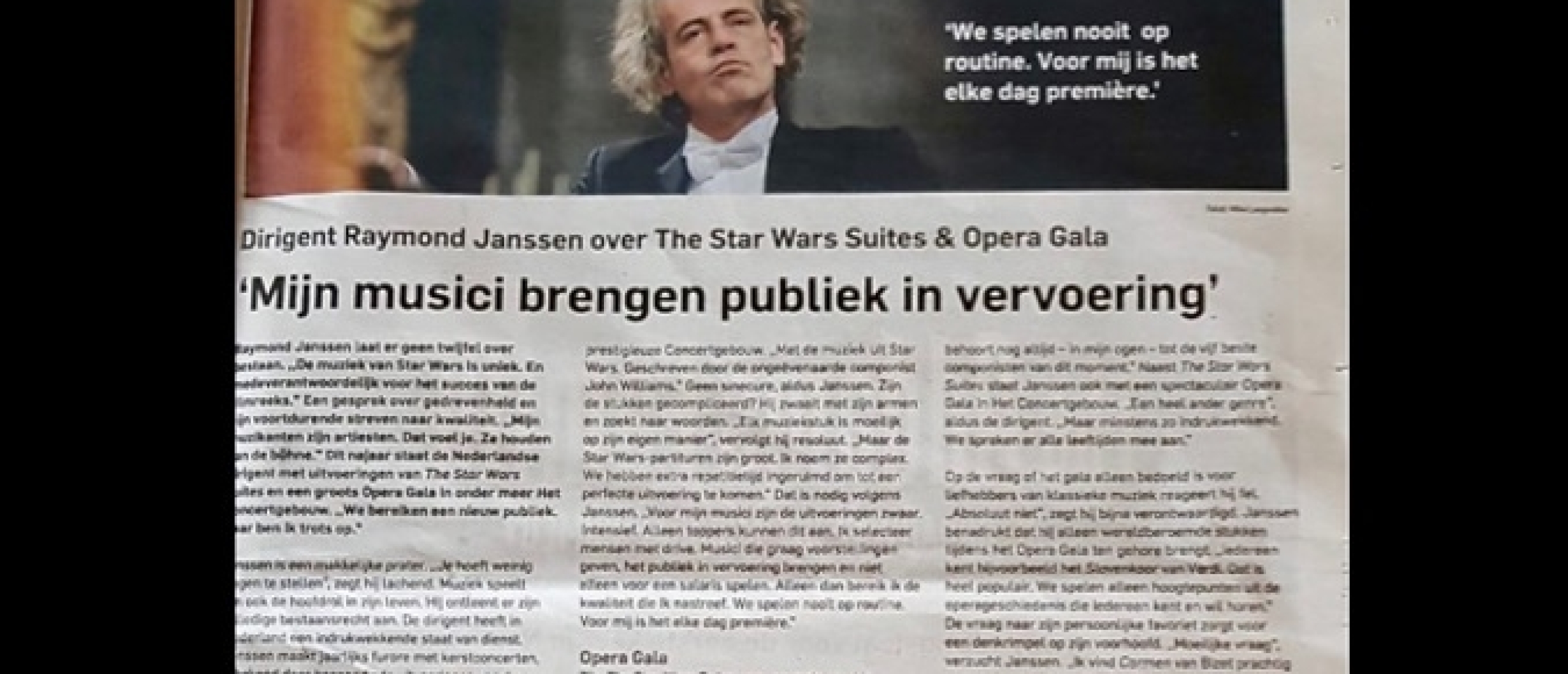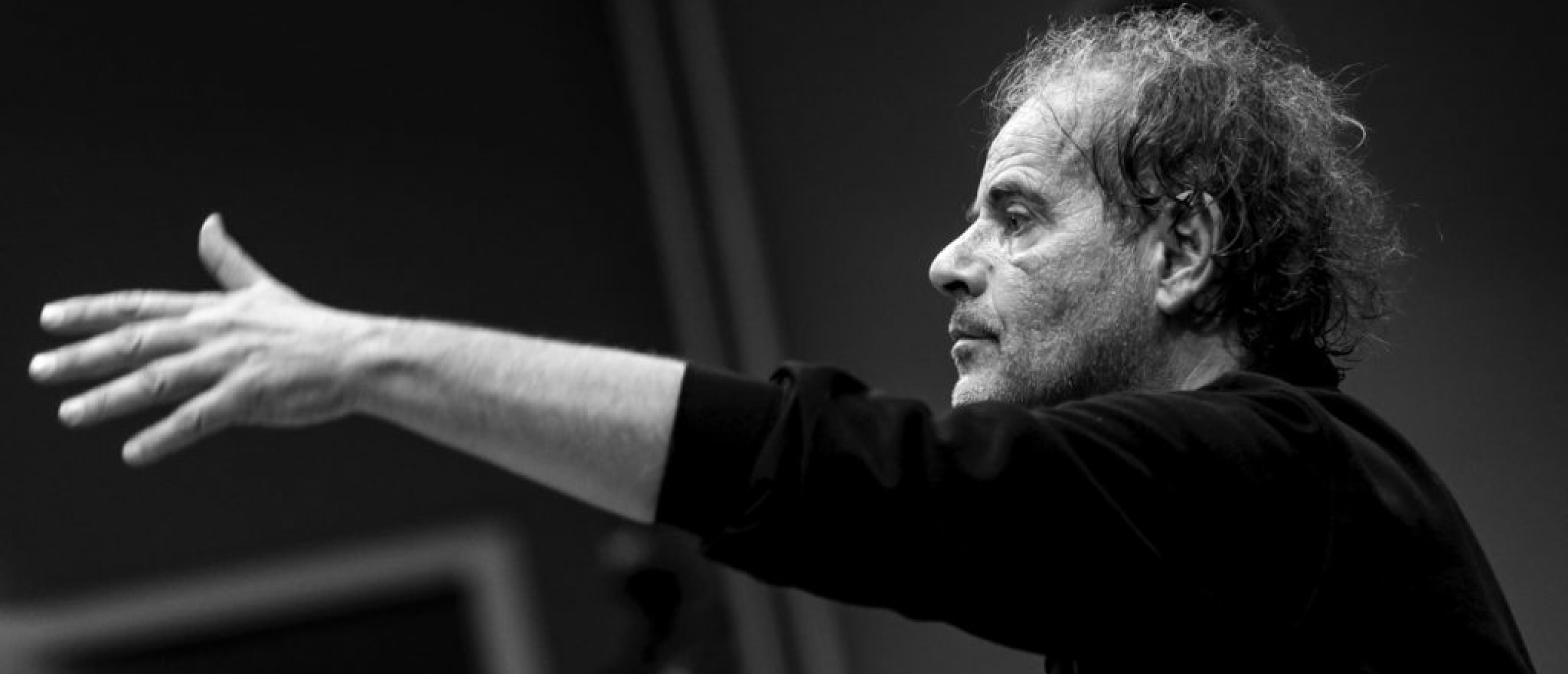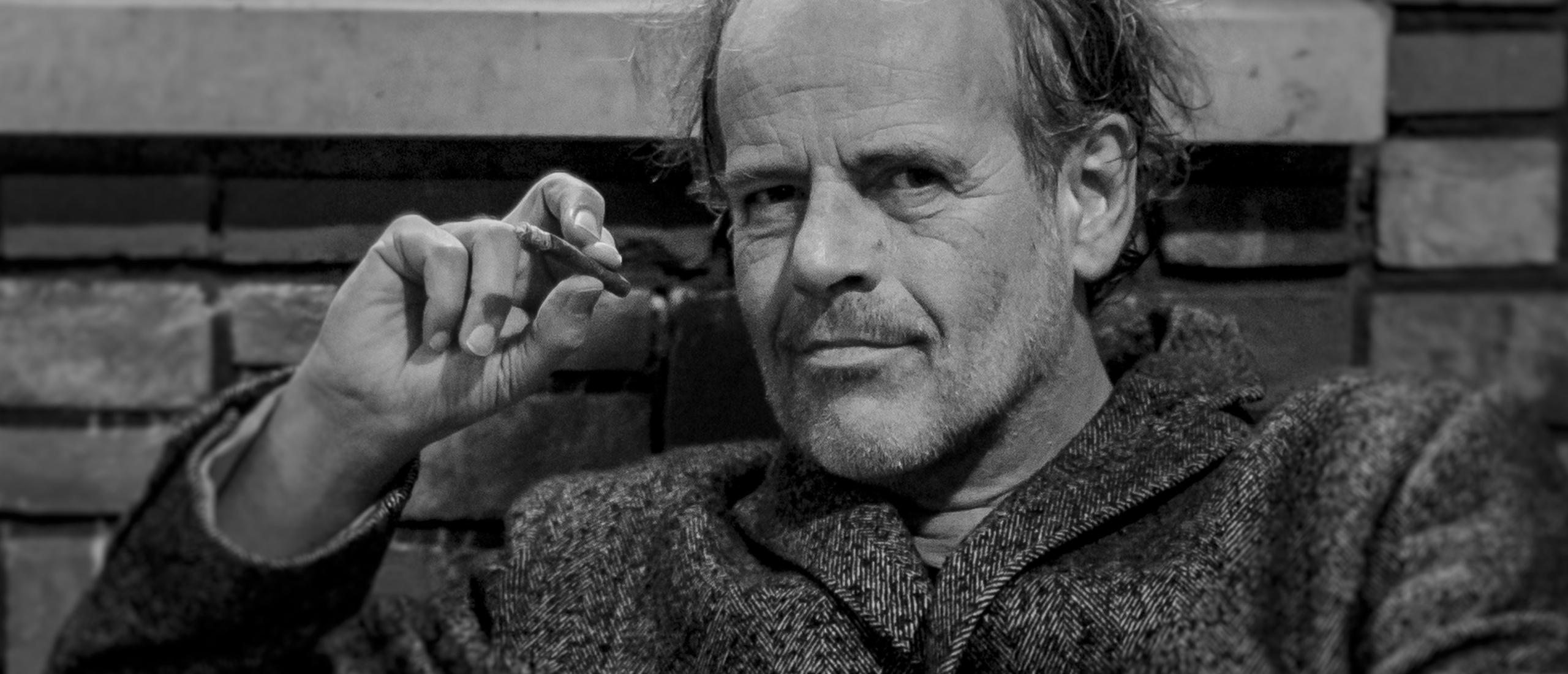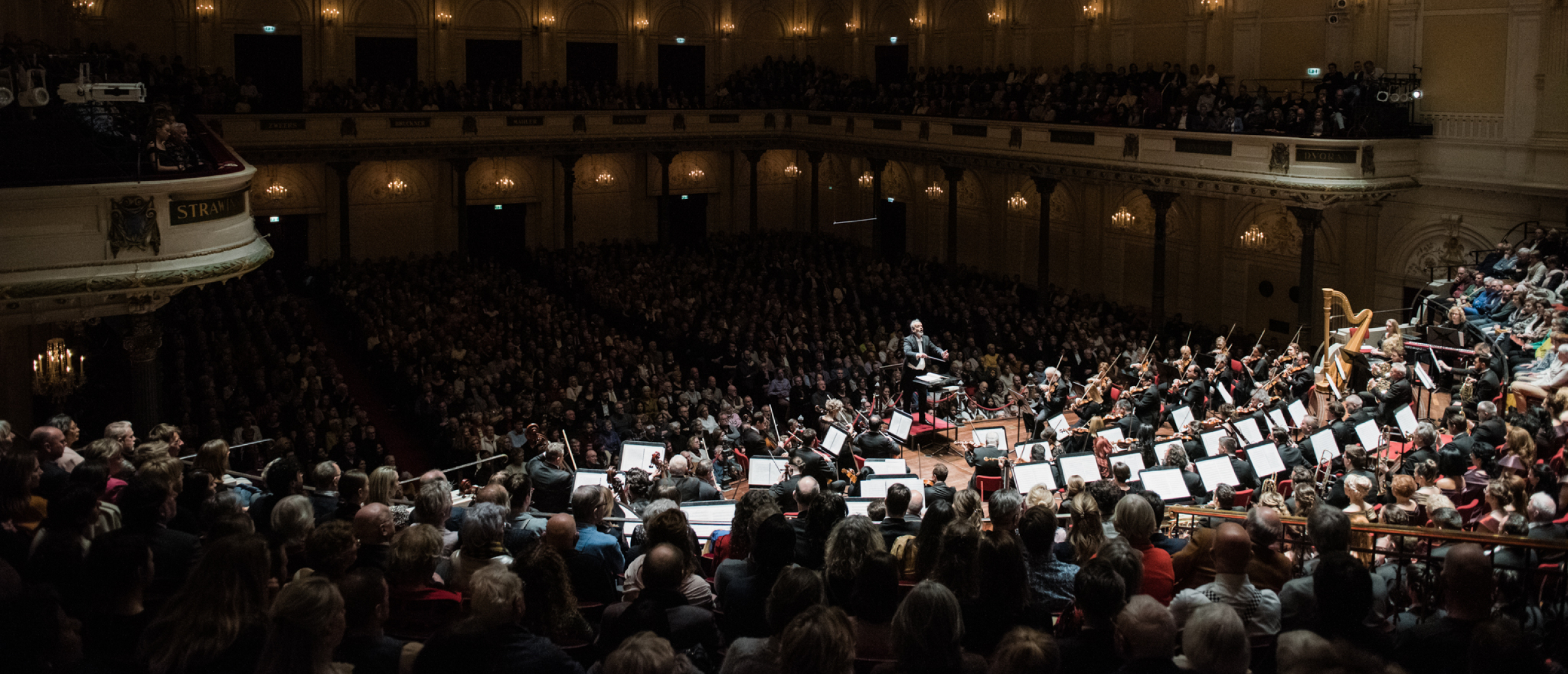
Conducting a Puccini opera gala
Conducting a Puccini opera gala sounds like a thrilling experience! Puccini's operas are renowned for their emotional depth, beautiful melodies, and dramatic storytelling. Whether i am leading a performance of "La Bohème," "Tosca," "Madama Butterfly," or any of his other masterpieces, you'll have a rich tapestry of music to work with.As a conductor, i will need to bring out the nuances of Puccini's music, guiding the orchestra and singers through the intricate phrasing, dynamics, and emotional arcs of each piece. It's a wonderful opportunity to immerse yourself in the passionate world of Italian opera and to collaborate with the talented musicians and vocalists from Opera Timisoara.Conducting a Puccini opera gala featuring "Visi d'arte" from "Tosca," "Che gelida manina" from "La Bohème," and selections from "Turandot" promises to be a truly captivating event. Each of these pieces showcases Puccini's mastery of melody, emotion, and drama in different ways.
"Visi d'arte" from "Tosca" is a poignant aria that delves into themes of faith, desperation, and sacrifice. Its lush orchestration and expressive vocal lines create a powerful and moving experience for both performers and audience members.
"Che gelida manina" from "La Bohème" is one of Puccini's most beloved arias, capturing the romantic essence of the opera. With its tender melody and heartfelt lyrics, it tells the story of love at first sight and sets the stage for the passionate romance between Rodolfo and Mimì.
The “Te Deum”, Tre sbirri…. Tosca
Conducting the "Te Deum" from Puccini's opera "Tosca" is an electrifying experience, as it's one of the most dramatic and powerful moments in the entire opera. This grand chorus is set in the church of Sant'Andrea della Valle in Rome, where Scarpia, the villainous chief of police, manipulates religion to further his own agenda.
Before the chorus begins, establish the atmosphere of the church with the orchestra. The opening organ motif sets a solemn tone, evoking the grandeur and sanctity of the church.
As Scarpia enters the church, the music should reflect his sinister presence. Ensure that the orchestra underscores his manipulative nature with dark, foreboding harmonies.
The chorus enters with a jubilant "Te Deum" hymn, praising God for victory over the enemies of the state. Conduct the chorus with a sense of pomp and grandeur, emphasizing the majesty of the occasion.
As Scarpia begins to reveal his true intentions—to capture and possess Tosca—the music should take on a more ominous and unsettling tone. Ensure the orchestra reflects Scarpia's manipulative nature, with subtle shifts in dynamics and orchestration.
The "Te Deum" reaches its climax with Scarpia's declaration of his intentions towards Tosca, leading to a chilling conclusion. To conduct with intensity and drama, building towards a powerful climax as Scarpia asserts his dominance.
Throughout the "Te Deum," my role as conductor is to shape the music to enhance the drama and tension of the scene. Pay close attention to dynamics, pacing, and orchestration, ensuring that the music reflects the shifting emotions and motivations of the characters. By immersing myself in the world of "Tosca.
Intermezzo from Puccini's "Manon Lescaut"
Including the Intermezzo from Puccini's "Manon Lescaut" adds another layer of richness and depth to the program. The Intermezzo is a beautiful orchestral piece that serves as an interlude between the second and third acts of the opera. It's a moment of reflection and transition, offering a poignant musical expression of the emotions and themes explored in the opera.
As a conductor, approaching the Intermezzo requires delicacy and sensitivity to capture its lyrical beauty and emotional resonance. Puccini's writing in this piece is evocative, with lush harmonies and soaring melodies that convey the longing and turmoil of the characters.
i'll have the opportunity to shape the interpretation of the Intermezzo, guiding the orchestra to bring out the nuances of the music, from the tender melodies to the dramatic climaxes. Paying attention to phrasing, dynamics, and pacing will be crucial in conveying the emotional arc of the piece and drawing the audience into its world.
The Intermezzo from "Manon Lescaut" alongside other iconic selections from Puccini's operas will create a diverse and compelling program that showcases the breadth of his musical genius. It's sure to be a memorable evening for performers and audience members alike.
Finale Turandot
"Turandot," with its grandeur and exoticism, offers a stunning contrast to the intimacy of the other selections. Including highlights from this opera features some of Puccini's most iconic and dramatic music, such as "Signore ascolta" or "Nessun Dorma"
Conducting the grand finale third act of "Turandot" promises to be a majestic and thrilling conclusion to the evening. The third act of "Turandot" is filled with some of Puccini's most powerful and dramatic music, culminating in the unforgettable "Nessun Dorma" aria.
For me as the conductor, I will be responsible for leading the orchestra and singers through this epic finale, ensuring that every moment is executed with precision and passion.
Turandot's Resolve, Following Calaf's victory, Turandot wrestles with her conflicting emotions, torn between her desire for vengeance and her growing feelings for Calaf. This emotional turmoil is reflected in Puccini's music, with sweeping orchestral passages and soaring vocal lines.
“Nessun Dorma"
“Nessun Dorma" and Final Resolution:** The highlight of the act is undoubtedly "Nessun Dorma," Calaf's iconic aria in which he expresses his unwavering confidence in love conquering all. As the tenor delivers this aria, you'll ensure that the orchestra and choir provides a supportive and dynamic accompaniment, building to a triumphant climax.
The Climactic Conclusion Finale Turandot
The act concludes with Turandot's transformation, as she finally yields to love and embraces Calaf. This resolution is underscored by Puccini's lush orchestration and powerful vocal writing, culminating in a glorious final chord.
A grand finale that leaves a lasting impression on everyone in attendance.
Concertgebouw Amsterdam
27-28 and 29 Mai 2024
Soloïst: Serban Vasile- Baritone, Remus Alăzăroae - Tenor, Paula Iancic - Soprano
Choir and Orchestra: OPERA TIMISOARA

